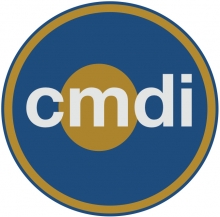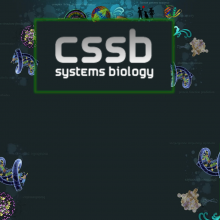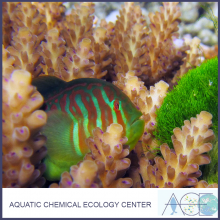
Welcome to the School of Biological Sciences at Georgia Tech. Learn about graduate and undergraduate programs, our research, upcoming events and news — and dive into a new magazine by the College of Sciences.
Recent News
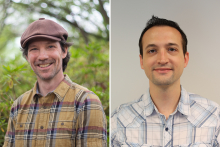
Gregory Sawicki and Aaron Young will use artificial intelligence to personalize exoskeleton assistance for people with symptoms resulting from stroke.
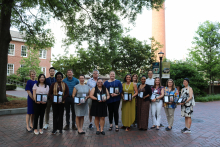
Members of the College of Sciences community gathered at Harrison Square on May 8 to recognize outstanding faculty and staff as part of the 2023-2024 academic year Spring Sciences Celebration.
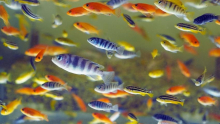
From her home more than 800 miles away, Georgia Tech online master's student Jasmine Tata is monitoring fish in aquariums at Georgia Tech.

The new interdisciplinary Ph.D. in Neuroscience and Neurotechnology is expected to enroll its first graduate students in Fall 2025. Sciences will also offer a new Minor in Neuroscience, beginning Fall 2024.
Upcoming Events
Experts in the News
Quanta Magazine | 2024-05-02T00:00:00-04:00
Nature Communications | 2024-04-29T00:00:00-04:00
Spark: College of Sciences at Georgia Tech

